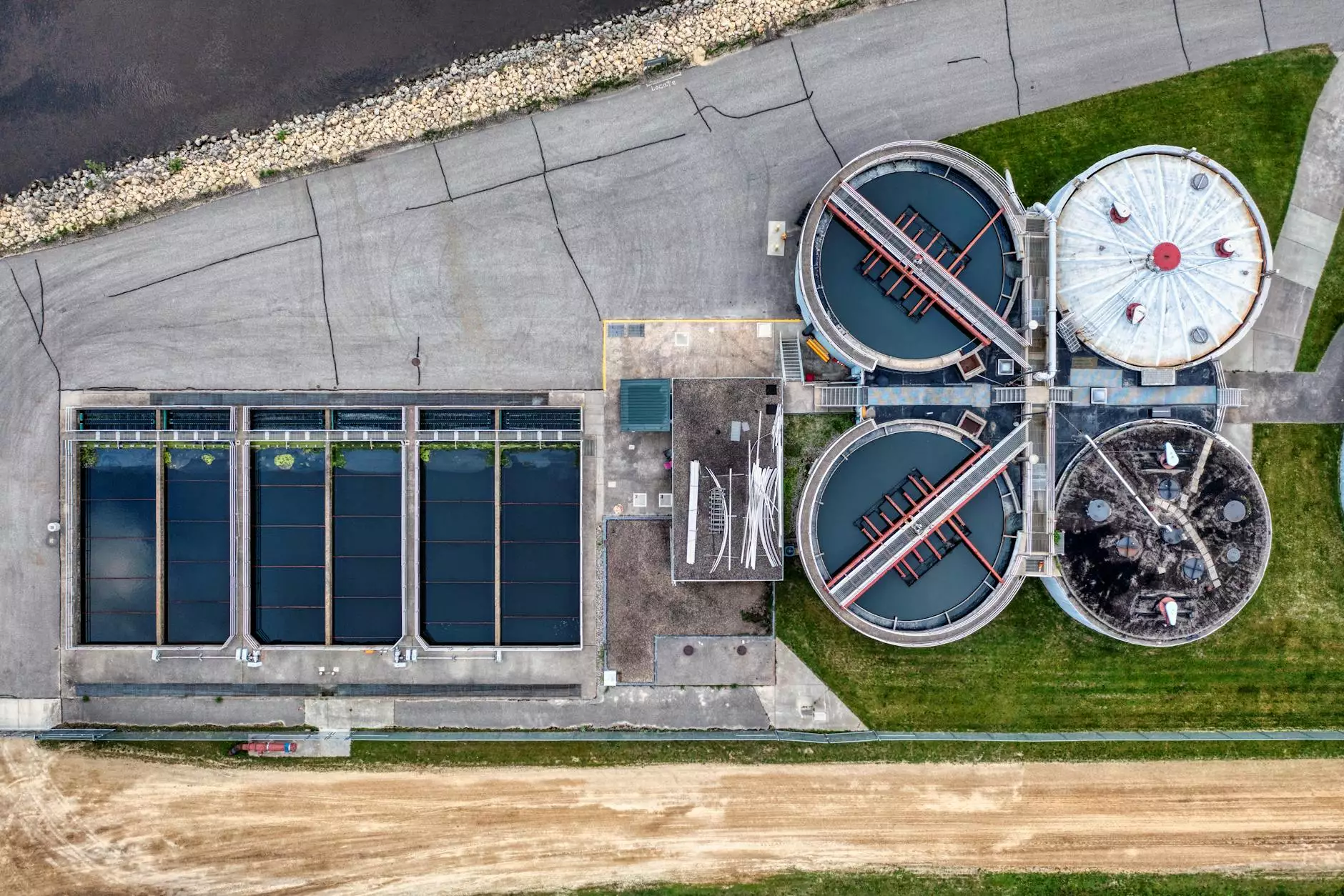The Comprehensive Guide to Silicone Rubber Membrane

Silicone rubber membranes are vital components in various industrial and commercial applications, thanks to their flexibility, durability, and heat resistance. This article delves into the characteristics, advantages, and applications of silicone rubber membranes, along with essential purchasing considerations for businesses. With a focus on people looking to buy membranes for vacuum systems, we aim to provide invaluable insights to help enhance your understanding of this versatile material.
What is a Silicone Rubber Membrane?
A silicone rubber membrane is a thin, flexible layer made from silicone rubber, designed to withstand various environmental factors such as temperature fluctuations, moisture, and chemicals. Its unique properties make it ideal for a wide range of applications, especially in vacuum systems.
Properties of Silicone Rubber Membranes
- High Temperature Resistance: Silicone rubber can endure temperatures ranging from -60°C to 200°C, making it suitable for extreme conditions.
- Chemical Stability: Silicone rubber membranes resist degradation from oils, fuels, and solvents.
- Flexibility: This material can be stretched and manipulated, allowing it to form airtight seals in various applications.
- Durability: Silicone rubber exhibits remarkable longevity under continuous use, minimizing replacement costs.
- Non-Toxicity: Silicone rubber is generally safe for food contact and medical uses, enhancing its versatility.
Applications of Silicone Rubber Membranes
Silicone rubber membranes are employed across multiple industries, each benefiting from their unique characteristics. Here are some of the most common applications:
1. Vacuum Systems
In vacuum systems, silicone rubber membranes play a crucial role in creating airtight seals and preventing air leakage. Whether used in vacuum presses or as part of custom vacuum solutions, these membranes facilitate efficient operation, improve productivity, and ensure superior results.
2. Medical Devices
The medical field relies heavily on silicone rubber due to its biocompatibility. Silicone rubber membranes are used in medical apparatus like vacuum pumps and suction devices, enhancing performance while remaining safe for patient contact.
3. Food Processing
In food processing, silicone rubber membranes are often utilized in vacuum packaging machines. Their non-toxic nature and ability to maintain an airtight seal help prolong the freshness and shelf-life of food products.
4. Automotive Industry
The automotive sector frequently utilizes silicone rubber membranes in gaskets and seals, ensuring durability and stability while resisting oil and chemical exposure.
5. Electronics
In electronics, silicone rubber membranes are employed as insulators and protection covers, safeguarding sensitive components from moisture, dust, and heat.
Buying Silicone Rubber Membranes: Key Considerations
When considering purchasing silicone rubber membranes, various factors should be taken into account to ensure you select the right product for your specific applications.
1. Quality and Standards
Always verify that the silicone rubber membranes meet industry-specific standards and certifications. High-quality membranes ensure safety and optimal performance in demanding applications.
2. Thickness and Size
The thickness and dimensions of the membrane are crucial for functionality. Assess your equipment and requirements to determine the optimal size and thickness for your needs.
3. Temperature Range
Different applications require different temperature tolerances. Make sure to choose a silicone rubber membrane that can withstand the operational temperatures of your application.
4. Chemical Compatibility
Consider the types of materials the membrane will encounter. Silicone rubber membranes should be chemically compatible with any substances they interact with in order to prevent degradation.
5. Vendor Reputation
When purchasing silicone rubber membranes, select a reputable vendor, such as vacuum-presses.com, known for high-quality products and excellent customer support.
Benefits of Silicone Rubber Membranes
The multitude of benefits offered by silicone rubber membranes makes them a preferred choice in many industries. Here are some key advantages:
1. Cost-Effectiveness
Though the initial cost may be higher than some alternatives, the durability and longevity of silicone rubber membranes translate into reduced maintenance and replacement expenses over time.
2. Resistance to Environmental Factors
These membranes can withstand UV radiation, ozone exposure, and extreme weather conditions without degrading, offering reliable performance in various environments.
3. Versatile Applications
Silicone rubber membranes are suitable for a wide range of applications, making them adaptable for different needs without compromising performance.
4. Ease of Use
Installing silicone rubber membranes is straightforward. They can be easily cut and shaped as necessary, allowing for custom solutions in unique applications.
Conclusion
In summary, silicone rubber membranes are an essential component in modern industrial and commercial applications. Their unique properties—such as high temperature resistance, chemical stability, and flexibility—make them invaluable in vacuum systems, medical devices, food processing, the automotive industry, and electronics.
When looking to buy membranes, it’s critical to evaluate quality, size, compatibility, and vendor reputation to ensure you receive a product that meets your needs. Partner with trusted suppliers like vacuum-presses.com to access premium materials, ensuring optimal performance in all your applications.
By understanding the comprehensive benefits and versatility of silicone rubber membranes, businesses can make informed decisions that enhance operational efficiency and drive success.









